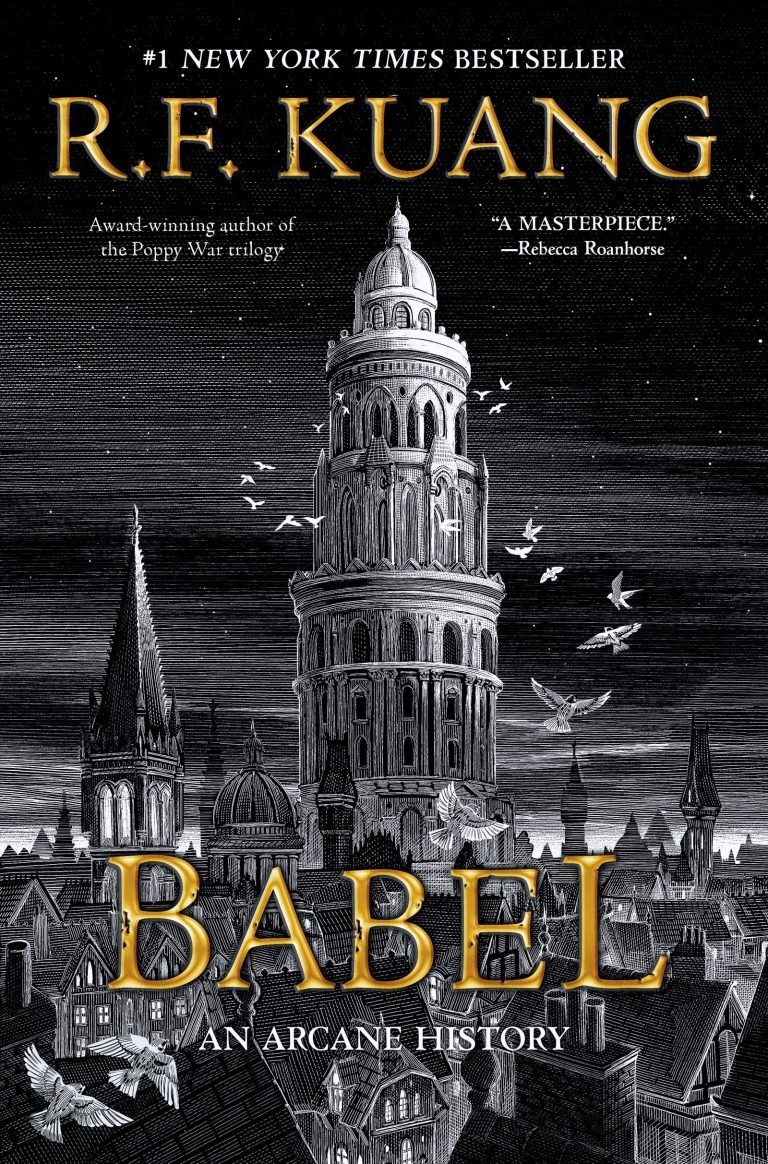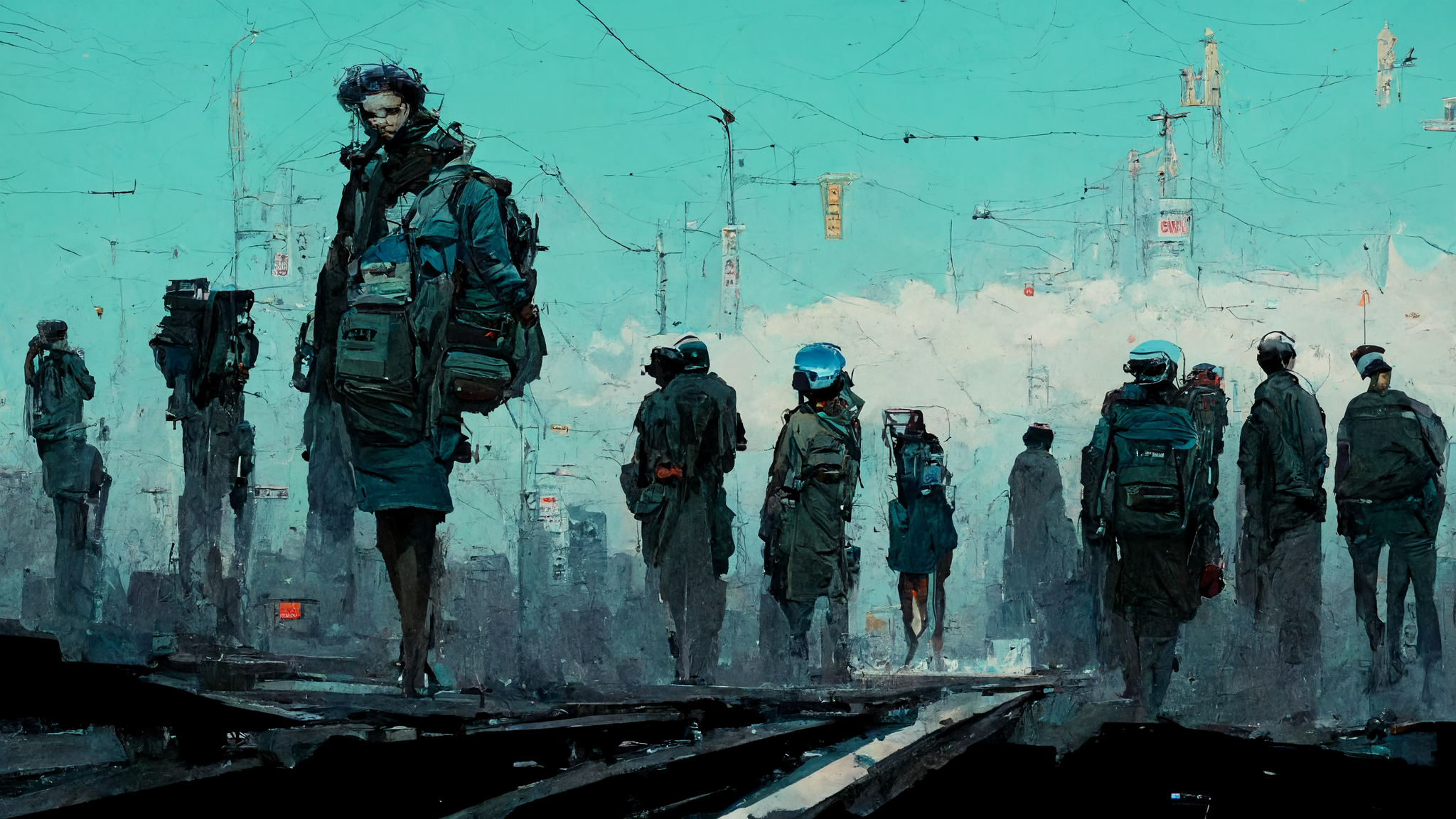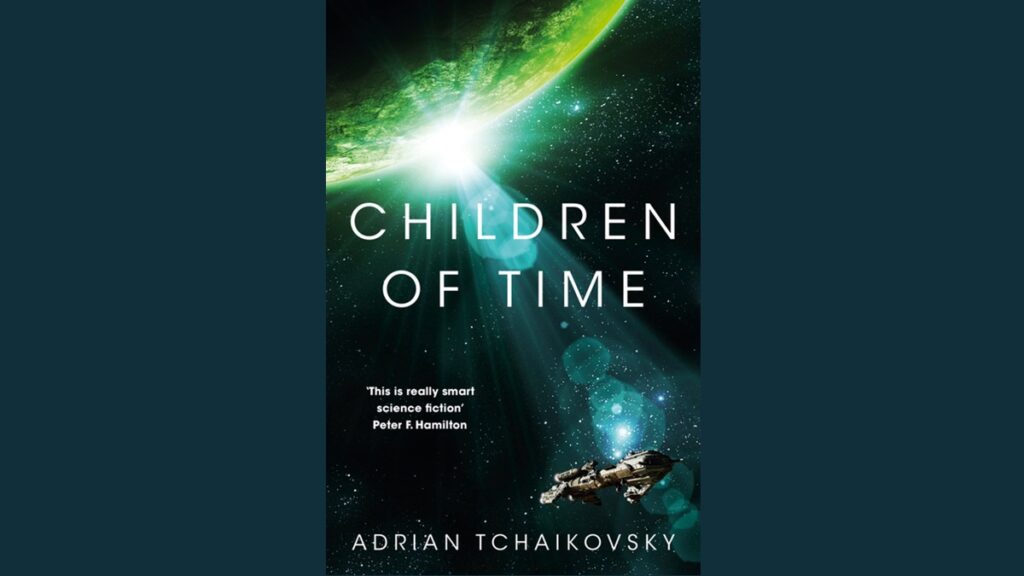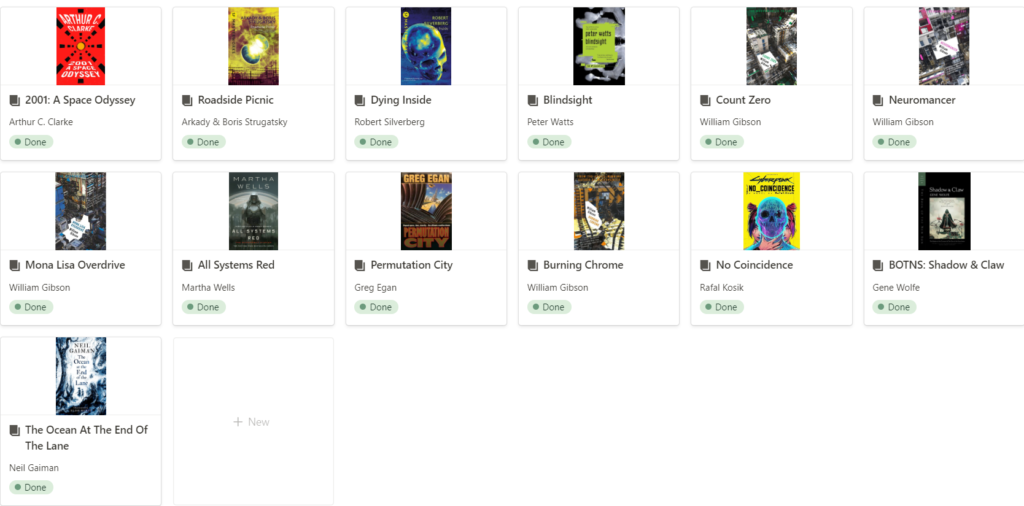Well, it’s that time of year again for another book review, and even though I didn’t get through as many novels this time around, there’s still plenty to reflect on.
The reason behind the lower count? I landed my very first full-time job after graduating! It’s definitely been a big milestone for me, and something worth celebrating.
But even though I didn’t read as much as last year, I’m actually proud of a personal achievement: I’ve managed to make reading a daily habit. I’ve found that letting myself take it slower with each book has really enhanced my experience. It’s no longer about finishing quickly, but about allowing myself to truly reflect on the stories and themes.
Most of the books I ended up reading weren’t originally on my 2024 reading list, but that’s part of the fun—finding new gems along the way. Here’s a quick recap of the books I read in 2024, and some thoughts on my favorite one:

And the first place goes to...
Babel by R. F. Kuang

Wow, Babel is a masterpiece. Period.
Dark academia is a genre I don’t typically gravitate towards, but Kuang’s Babel completely opened my eyes to the power of this genre to evoke emotion, provoke thoughts, and make readers truly see the world through different lenses. This book is unlike anything I’ve read before.
What stands out most to me is Kuang’s fearless approach to tackling some of the most significant and complex themes in modern literature—colonialism, capitalism, and anti-imperialism. It’s rare to see such heavy topics explored in mainstream fiction with such honesty and depth. You can tell Kuang has put a lot of effort into her research, making the historical and social commentary not just believable, but also deeply relatable. The way she weaves fact and fiction together is nothing short of impressive.
As someone who speaks multiple languages, the exploration of language in Babel really resonated with me. It’s frustrating to me seeing how subtle meanings can get lost in translation, and Kuang highlights how language holds such incredible power—whether it’s used to connect, empathize, or in some cases, control. The relationship between language and silverwork (the book’s magical system) serves as a brilliant metaphor for the exploitation and manipulation at the heart of the British Empire. The way the empire extracts knowledge and wealth from its colonies while oppressing its people is brought to life through this unique blend of magic and language. Kuang has outdone herself in this story.
The characters in Babel are another highlight. I don’t think I’ve ever felt so connected to a cast before.
Each character, particularly Robin Swift, the protagonist, grapples with moral dilemmas and ethical questions in ways that make them feel so real and complex in terms of personality. Robin, in particular, experiences some of the most well-rounded character development I’ve seen in a long time. You really watch him grow and struggle, and it’s incredibly rewarding.
What really sets Babel apart is Kuang’s ability to balance the dark and cynical themes with moments of warmth and heartfelt emotion. While she’s unapologetically critical of colonialism and the systems of power, she also gives space for genuine relationships to form and evolve between the characters. These emotional moments are woven seamlessly into the story and add a layer of depth that keeps you emotionally invested from start to finish.
In short, Babel is a book that will make you think, feel, and reflect. It’s everything you could want in a thought-provoking read, and I can’t recommend it enough. Kuang has created something truly special here, and I’ll be thinking about this book for a long time.


